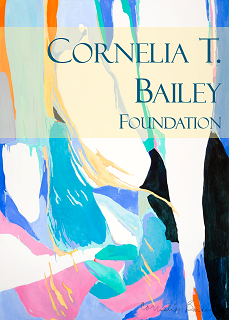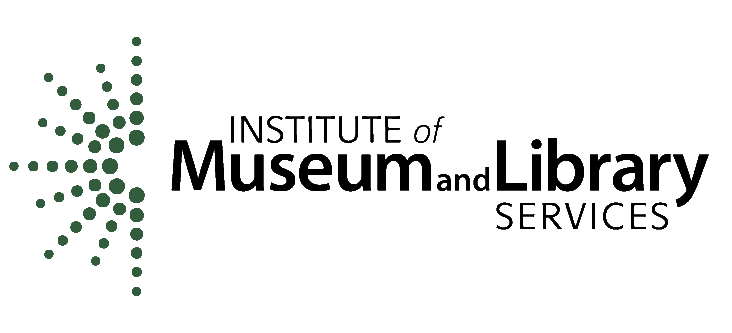The Stroll for Well-Being Therapeutic Garden Walking program allows for participants to immerse themselves in the natural beauty, peace and serenity of the gardens.
Sessions & Dates About Counselors Essential Workers Study Testimonials Sponsors FAQs
Therapeutic Garden Walking Program
Morikami’s FREE Stress Reducing Therapeutic Walking Program
The benefits of therapeutic garden walks:
- Reduced feelings of sadness, hopelessness, fear and loneliness
- Greater feelings of acceptance, optimism and joy
Participants will receive*:
- A 1-year COMPLIMENTARY “dual” membership upon program completion (see application for details)
- Guided journal
- 3 online group meetings with facilitator (computer/phone + internet required to participate). Participants are encouraged to walk the gardens on their own time during museum hours.
Dr. Ruth McCaffrey, Professor of the College of Nursing at Florida Atlantic University helped establish this transformative program at Morikami. A hand-selected qualified facilitator will lead participants through themed walks and journal writing to encourage reflection, and ultimately, personal well-being.
The Stroll for Well-Being 2024-2025 Program is sponsored in part by Marilyn Rothstein and Taggart Bradley and Agnes LLC.
Sessions and Dates
Participants may choose their meeting day/time preference from either:
- WEDNESDAY meetings: ONLINE only (Excluding Orientation)
- SATURDAY meetings: IN-PERSON only
Fall 2025
Apply Now Registration closes 10/3/25.
| Wednesday Group | Date | Time |
| Orientation – In Garden | October 15th | 9:00 am – 10:00 am |
| Meeting 1 – Online | October 22nd | 1:30 pm – 3:00 pm |
| Meeting 2 – Online | November 19th | 1:30 pm – 3:00 pm |
| Meeting 3 – Online | December 10th | 1:30 pm – 3:00 pm |
| Saturday Morning Group | Date | Time |
| Orientation & Meeting 1 | October 18th | 11:00 am – 12:30 pm |
| Meeting 2 | November 8th | 11:00 am – 12:30 pm |
| Meeting 3 | December 6th | 11:00 am – 12:30 pm |
| Saturday Afternoon Group | Date | Time |
| Orientation & Meeting 1 | October 18th | 1:30 pm – 3:00 pm |
| Meeting 2 | November 8th | 1:30 pm – 3:00 pm |
| Meeting 3 | December 6th | 1:30 pm – 3:00 pm |
Winter 2025
Apply Now Registration closes 1/2/26.
| Wednesday Group | Date | Time |
| Orientation – In Garden | January 7th | 9:00 am – 10:00 am |
| Meeting 1 – Online | January 14th | 1:30 pm – 3:00 pm |
| Meeting 2 – Online | February 11th | 1:30 pm – 3:00 pm |
| Meeting 3 – Online | March 11th | 1:30 pm – 3:00 pm |
| Saturday Morning Group | Date | Time |
| Orientation & Meeting 1 | January 17th | 11:00 am – 12:30 pm |
| Meeting 2 | February 21st | 11:00 am – 12:30 pm |
| Meeting 3 | March 14th | 11:00 am – 12:30 pm |
| Saturday Afternoon Group | Date | Time |
| Orientation & Meeting 1 | January 17th | 1:30 pm – 3:00 pm |
| Meeting 2 | February 21st | 1:30 pm – 3:00 pm |
| Meeting 3 | March 14th | 1:30 pm – 3:00 pm |
Any questions or concerns please email the Project Coordinator at morikamistroll@pbc.gov.


